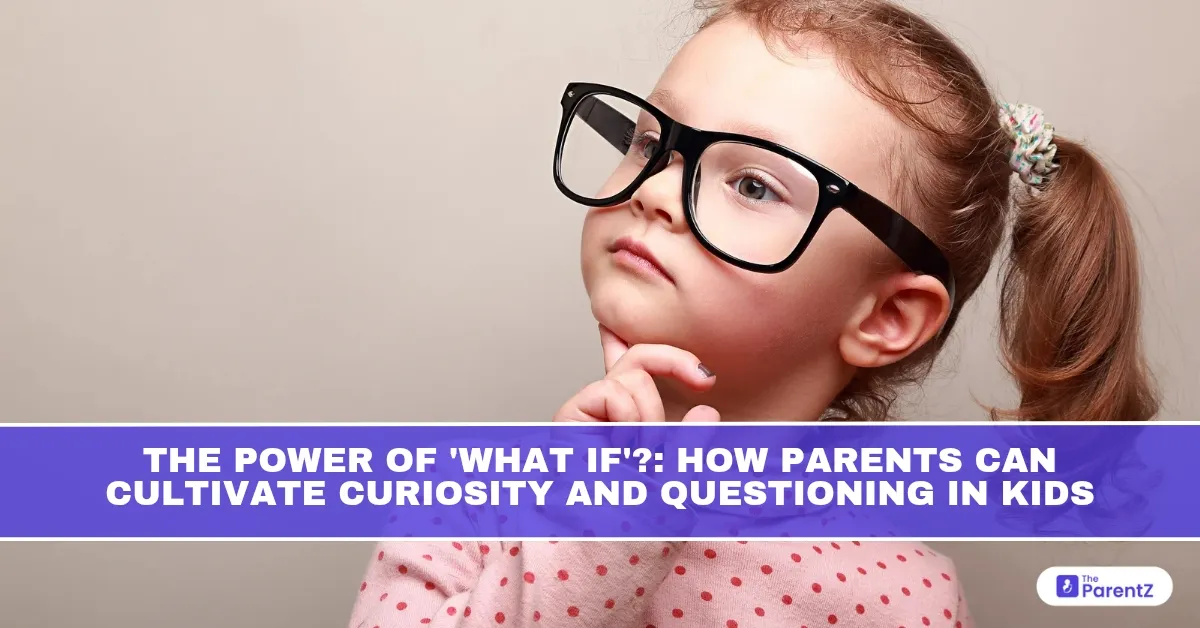You’ve probably heard this before: curiosity is the spark behind every great invention, discovery, and story. But for kids? Curiosity is more than a cute phase — it’s the very heartbeat of how they learn about the world.
If you’ve ever been on the receiving end of an endless stream of ‘Why is the sky blue?’ or ‘What if dogs could talk?’ — you already know that children are born natural philosophers. The real question isn’t how to make them curious, but how to protect that spark from dimming as they grow.
Read below this article to explore the beautiful power of ‘What if?’ and how you, as a parent, can help your child stay curious.
Make 'What If' Part of Everyday Talk
The easiest way to spark curiosity? Ask questions yourself! Instead of giving all the answers, try flipping the conversation: ‘What if trees could talk? What do you think they’d say?’ and ‘What if you designed your own planet — what would it look like?’
This simple twist tells your child that questions aren’t just welcome — they’re celebrated.
Encourage Wonder, Not Just Answers
In school and at home, kids are often rewarded for having the right answer. But the truth is, the world’s biggest breakthroughs started with questions — not answers.
Let your child sit with the mystery. If they ask, “How do birds know where to migrate?” instead of rushing to Google, try saying, ‘That’s a great question. What do you think? Let’s wonder about it together.’
You’re teaching them that not knowing is the first step to discovery.
Let Curiosity Get Messy
Curiosity isn’t always neat, and it may look like muddy boots, kitchen science experiments, and the occasional broken toy. But a mess is a sign of exploration.
Set up little curiosity corners at home — art supplies, building blocks, nature finds — and let your child dive in. When kids feel safe to explore, they develop confidence and creativity side by side.
Model Lifelong Learning
If your child sees you staying curious — asking questions, trying new hobbies, and reading for fun — they’ll know it’s not something you outgrow.
Show them how you handle curiosity in your own life. Say things like, ‘I’ve always wondered how honey is made. Let’s look it up together!’
This models the idea that curiosity is a life skill, not a childhood phase.
Turn Curiosity into Connection
The magic of what-if questions isn’t just in building intelligence — it’s in building connection. When kids ask questions, they’re not only gathering facts, they’re seeking your attention and validation.
By answering thoughtfully or even admitting when you don’t know, you’re showing them that their thoughts matter. You’re saying, ‘I’m listening, I’m curious too.’
That emotional bond is the quiet engine that powers lifelong learning.
Conclusion
The world will try — in textbooks, tests, and sometimes even grown-up conversations — to convince kids that curiosity has an expiration date. But the truth is, the most brilliant minds never stop asking "what if?"





Be the first one to comment on this story.